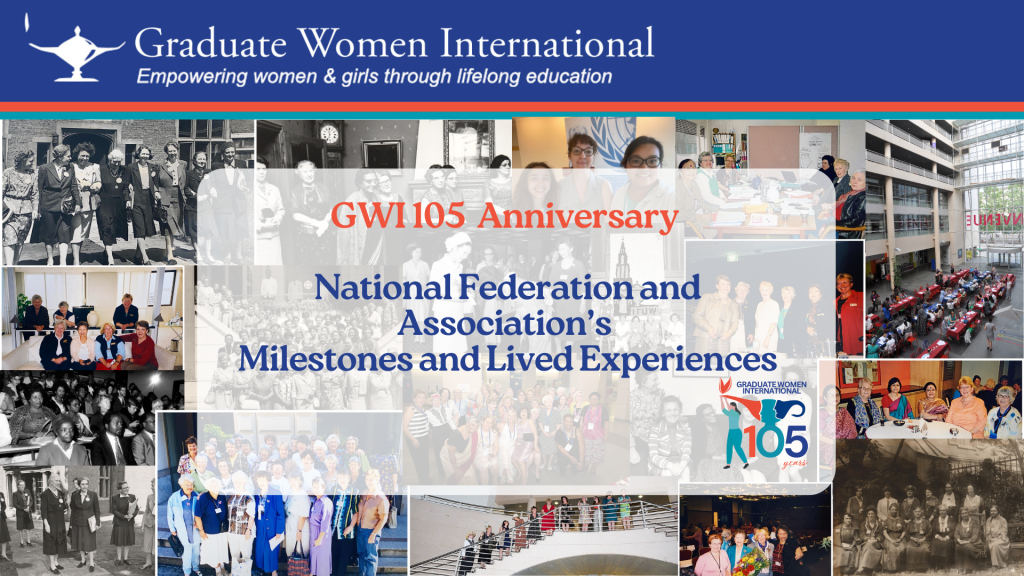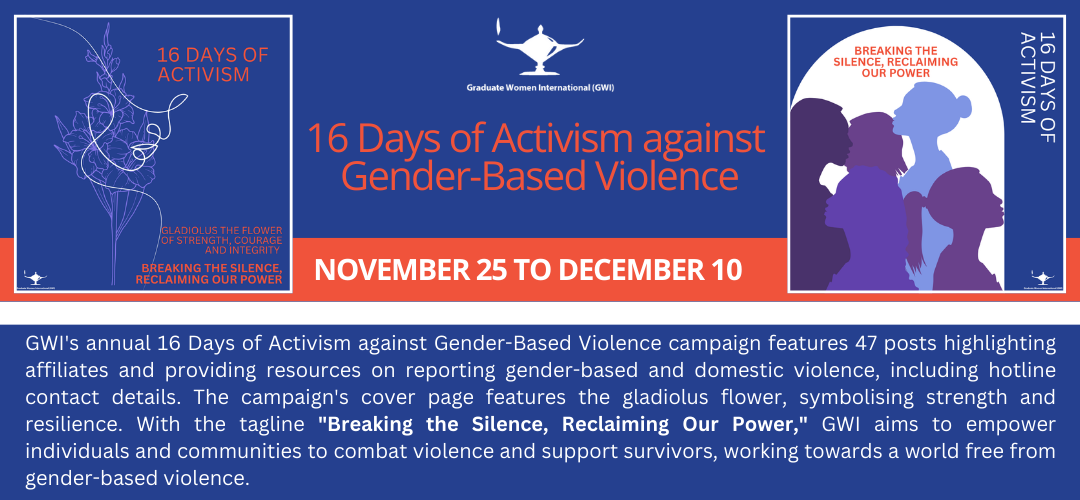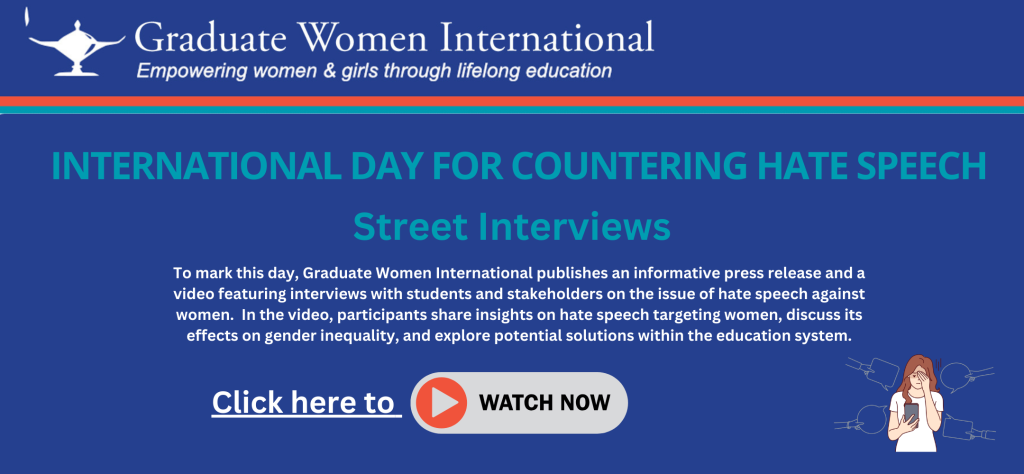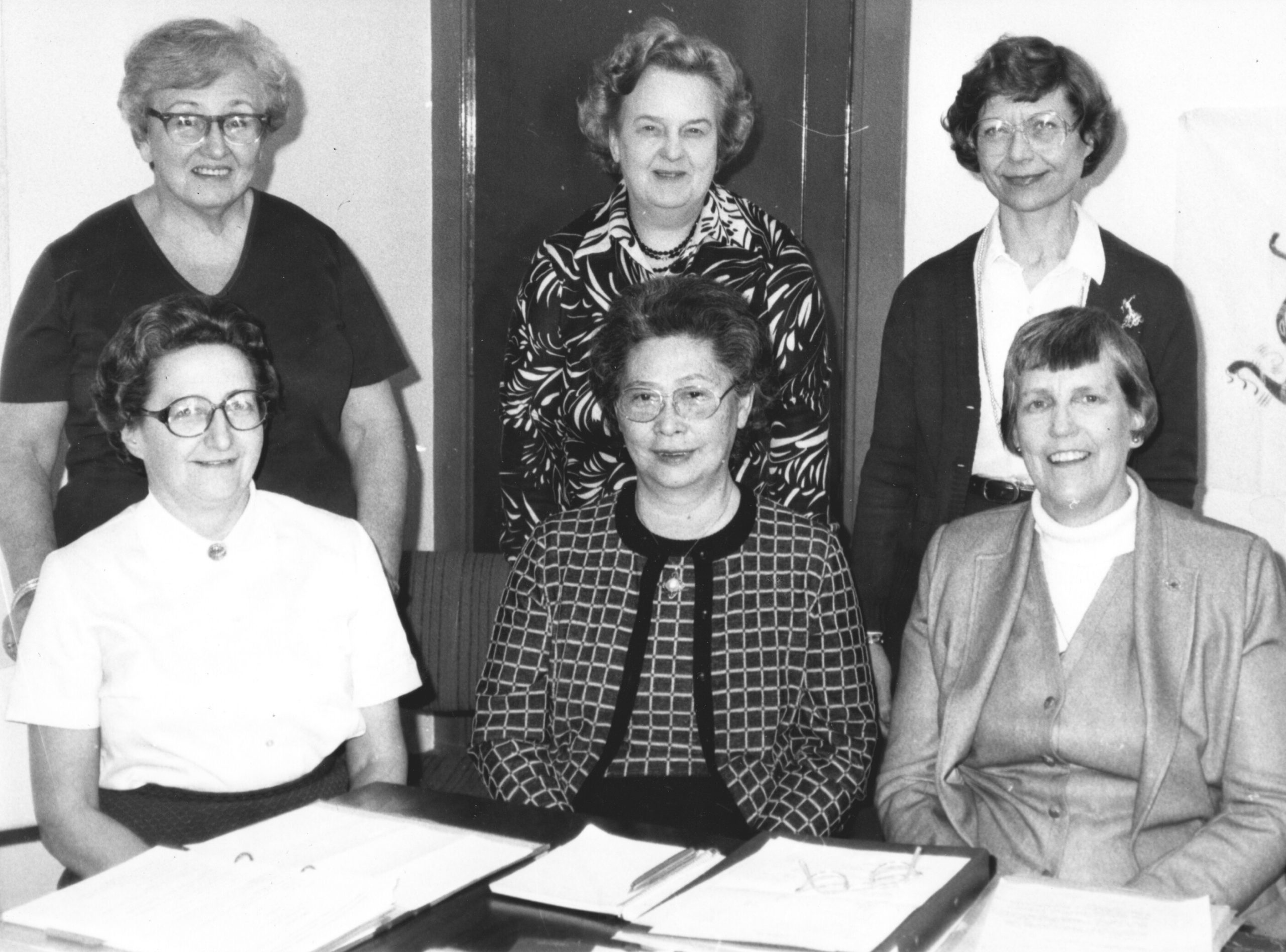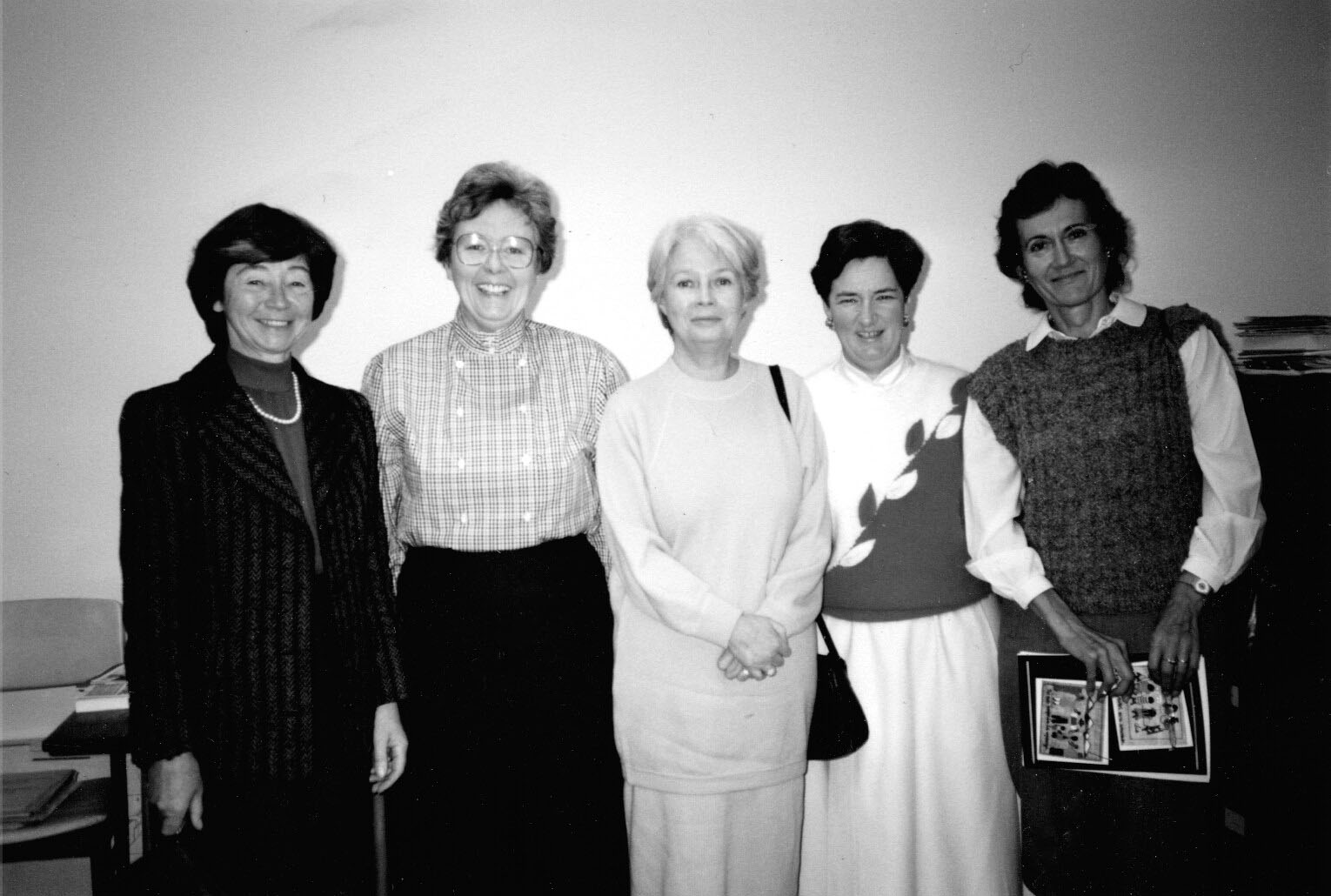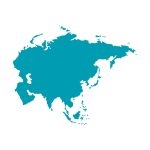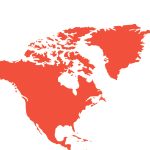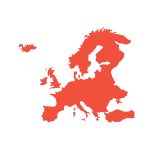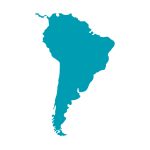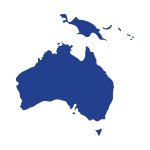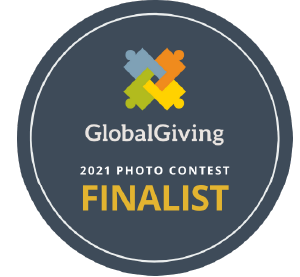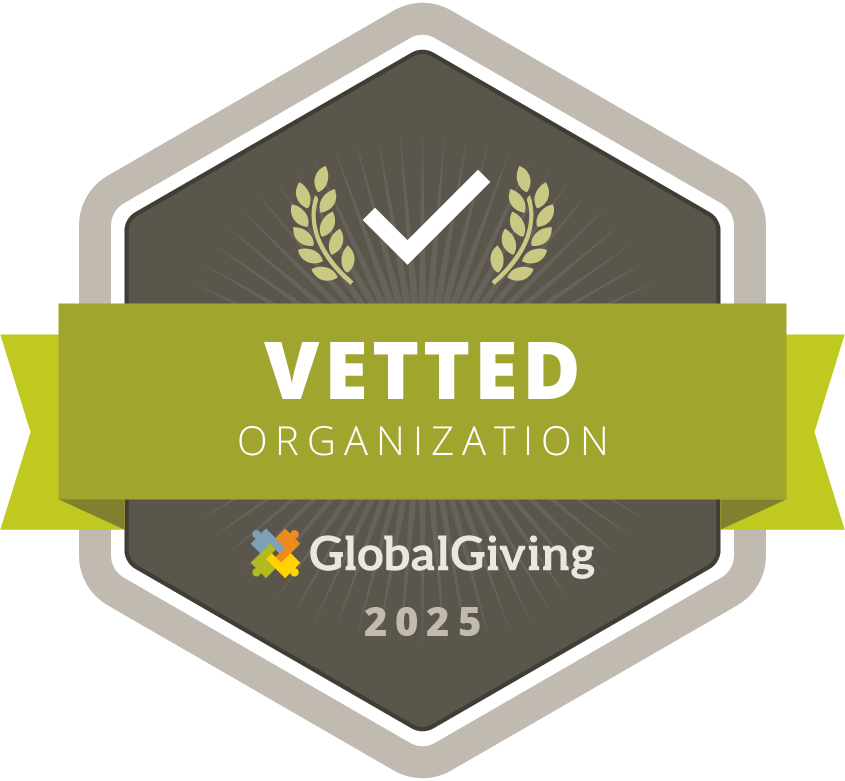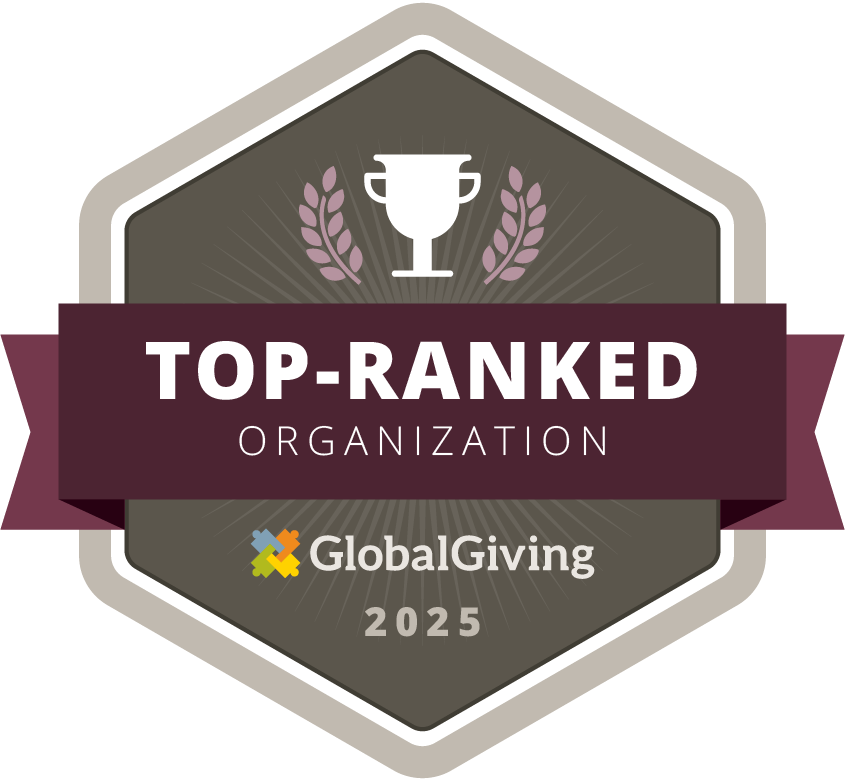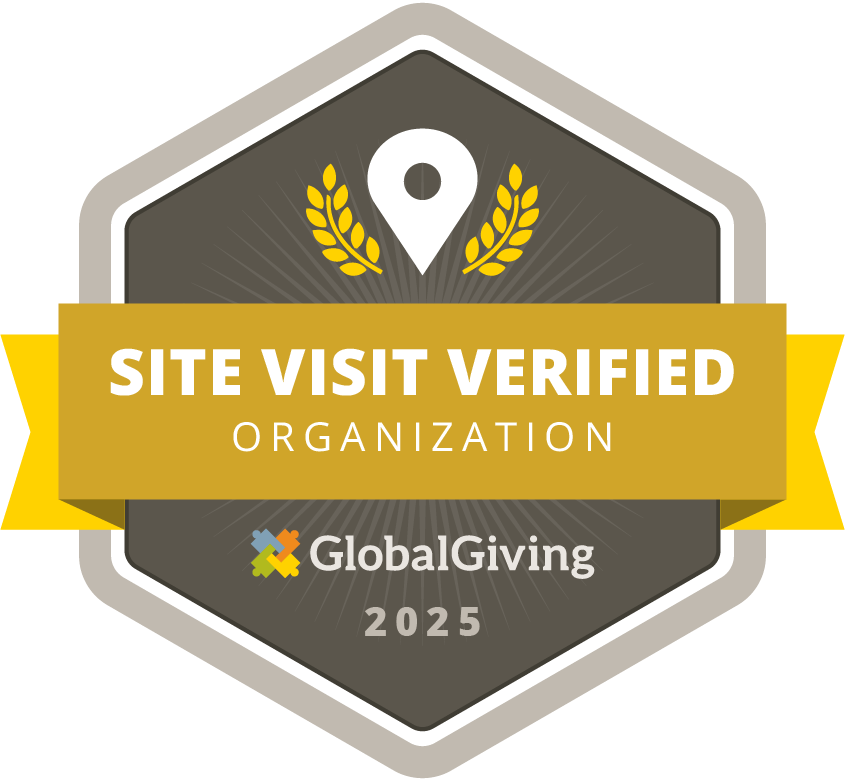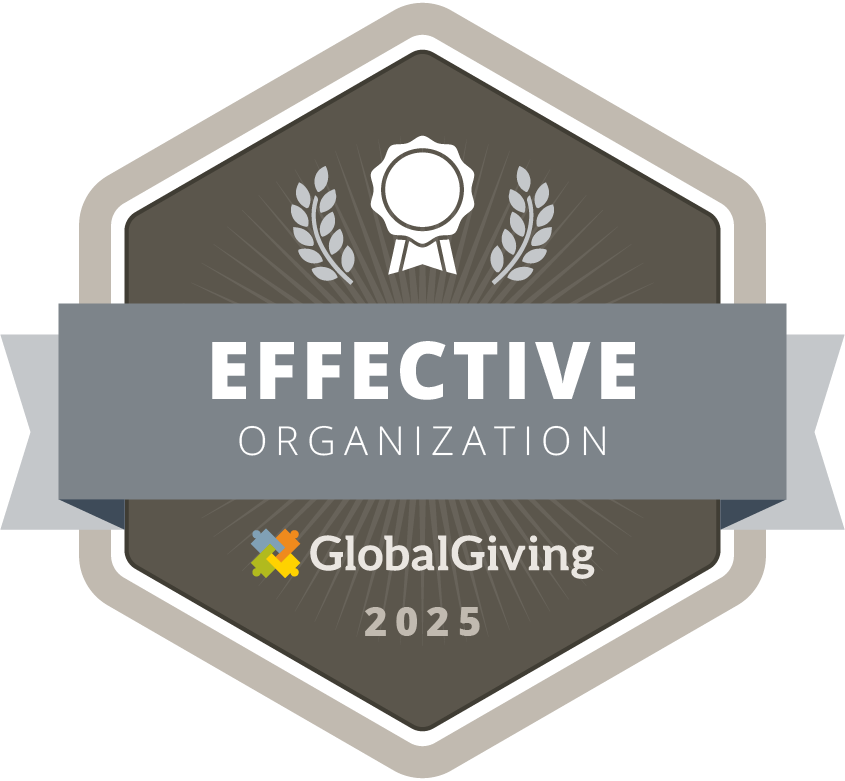Connect with us
Instagram
Facebook
X-twitter
Linkedin
Youtube

Graduate Women International
Empowering women & girls through lifelong education








Every Woman and Every Girl
VERSE 1:
Like
the Stars in the sky
We shine, shine, shine
With the strength of all nations
We strive, strive, strive
Education is what we stand here for
For every woman and every girl
All around the world
CHORUS:
We
are advocates
We are leaders
The change we want to see
Spreading hope and changing lives through opportunity
Graduate Women International
Educating through Peace
And we’re gonna change the world
VERSE 2:
We
educate through friendship
We are strong, strong, strong
We share our successes
We are one, one, one
Education is what we stand here for
For every woman and every girl
All around the world
CHORUS:
We
are advocates
We are leaders
The change we want to see
Spreading hope and changing lives through opportunity
Graduate Women International
Educating through Peace
And we’re gonna change the world
Written, composed and performed by Emily Lawson, Australia
Graduate Women, Inc.








Every Woman and Every Girl
VERSE 1:
Like
the Stars in the sky
We shine, shine, shine
With the strength of all nations
We strive, strive, strive
Education is what we stand here for
For every woman and every girl
All around the world
CHORUS:
We
are advocates
We are leaders
The change we want to see
Spreading hope and changing lives through opportunity
Graduate Women International
Educating through Peace
And we’re gonna change the world
VERSE 2:
We
educate through friendship
We are strong, strong, strong
We share our successes
We are one, one, one
Education is what we stand here for
For every woman and every girl
All around the world
CHORUS:
We
are advocates
We are leaders
The change we want to see
Spreading hope and changing lives through opportunity
Graduate Women International
Educating through Peace
And we’re gonna change the world
Written, composed and performed by Emily Lawson, Australia
Graduate Women, Inc.
